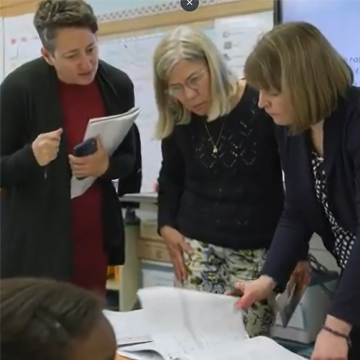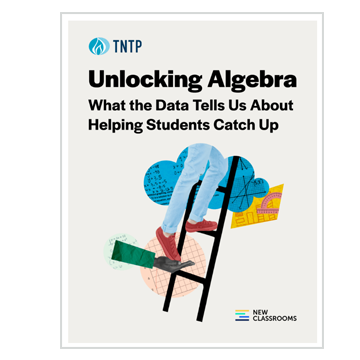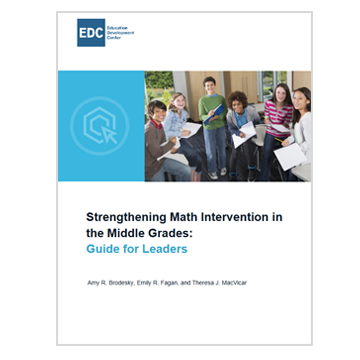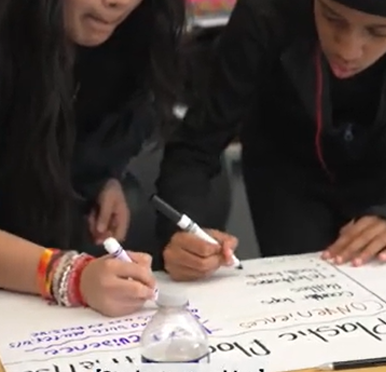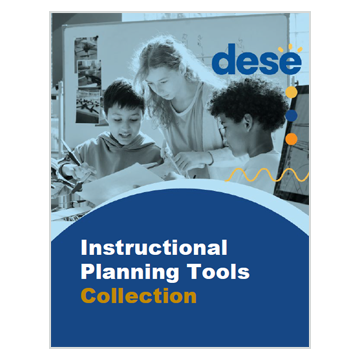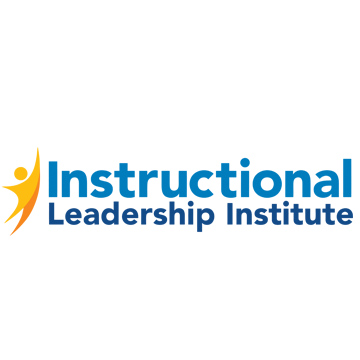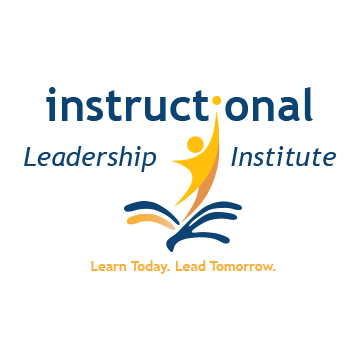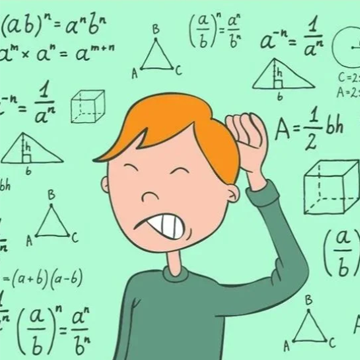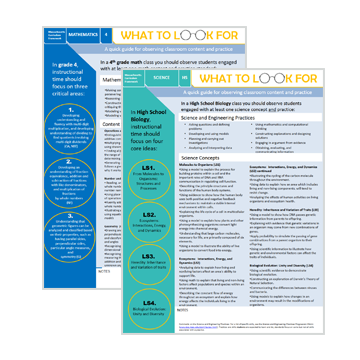Resource Profiles
New Resource Search
← Return to Find Resources | MTSS
Resource Results
Curriculum Matters: IMplement MA Professional Learning Practices Video Series
Use this video collection to learn about ways educators in schools across Massachusetts are transforming professional learning using a variety of collaborative and lesson internalization methods.
Unlocking Algebra: What the Data Tells Us About Helping Students Catch Up
This report explores the question: “How can we help more students master Algebra I, especially those who start the course with significant unfinished learning?” It is based on a TNTP analysis of three years of data from more than 2000 math students and explores practice strategies for integrating Tier 2 supports into daily instruction.
Strengthening Math Intervention in the Middle Grades: Guide for Leaders
This guide helps math leaders in different roles and at different stages of math intervention, from getting started to leading an established program. It includes sections on identifying students, scheduling, class size, staffing, and other aspects of implementing math intervention classes.
DESE Deeper Learning Instructional Videos
See deeper learning practices in action in this series of videos featuring a range of ELA/literacy, math, history, and science classrooms PK-12.
DESE Instructional Planning and Observation Tools Collection
Use these tools to support deeper learning grounded in grade-level, real-world, relevant, and interactive learning. Tools in the classroom support observations, lesson and unit unpacking, and student work review.
DESE Instructional Leadership Institute 2025 Session Materials
Find workshop materials from DESE’s 2025 Instructional Leadership Institute. Session topics included instructional vision and planning, designing for school belonging, scheduling, student support structures, multilingual learners, budgeting, and more.
DESE Instructional Leadership Institute - August 2023
Session materials from DESE’s first Instructional Leadership Institute in 2023
Social and Emotional Learning in Math
Resources describing connections between the Massachusetts Mathematics Curriculum Frameworks and development of student social and emotional skills.
What to Look for Observation Guides: Science, Technology, Engineering, and Mathematics
These grade and content-specific What to Look For (WtLF) Observation Guides are designed to support observations of classroom content and practice. They highlight what the teacher and students should be doing in a standards-aligned classroom.
← Return to Find Resources | MTSS
